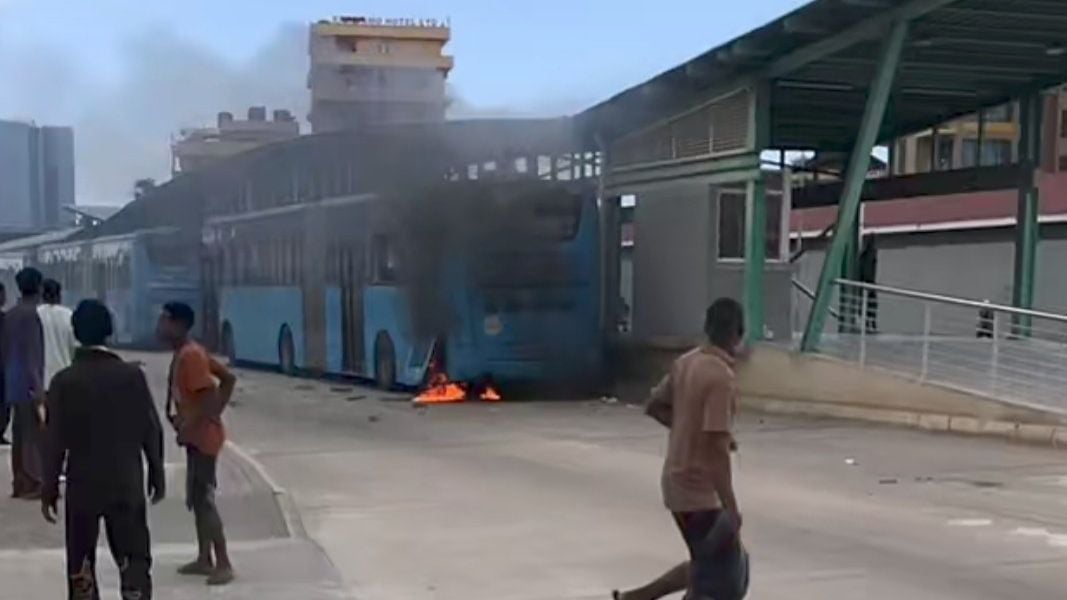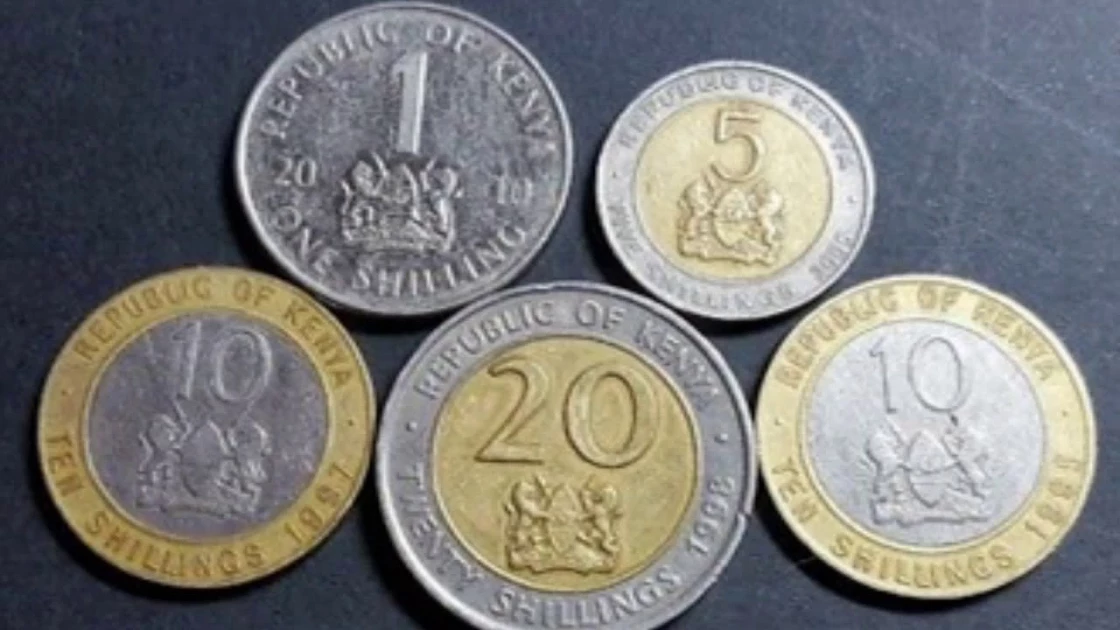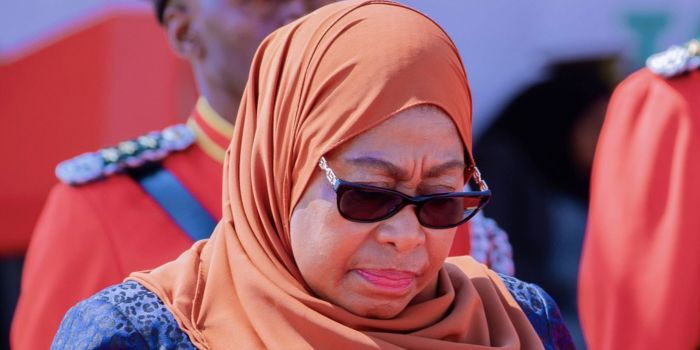
Kenya’s new Social Health Authority (SHA) scheme, designed to deliver universal health coverage, is facing turmoil. Despite more than 23 million Kenyans registering, a staggering 17 million are not contributing—leaving the system vulnerable and millions at risk of exclusion.
Only 5.6 million contributors are shouldering the burden, forcing healthcare providers and policymakers into a precarious balancing act.
The imbalance has escalating consequences: civil servants and the informal working class often find hospitals demanding full upfront payments, even in emergencies.
Reports from the field reveal heartbreaking scenes. Some Kenyans have been turned away from public hospitals despite partial contributions. Even with the “Lipa SHA Pole Pole” flexible payment plan, many are forced to borrow from the Hustler Fund just to stay covered, sparking mounting concerns over rising debt burdens among low-income families.

In response to the collapse in contributions, private hospitals are reverting to cash payments—recalling the days of NHIF when late reimbursements crippled service delivery and left behind a debt legacy that the current SHA now inherits.
The SHA’s management is scrambling to address escalating financial exposure. Suspensions of healthcare facilities over fraud and billing irregularities are mounting.
The authority is also rolling out a two-phase payment plan to manage backlogged claims—but the measures may be too late to salvage public confidence.
Unless the SHA tackles contribution non-compliance and ensures fair access without upfront financial demands, the promise of equitable healthcare may remain just that—a promise unfulfilled.







